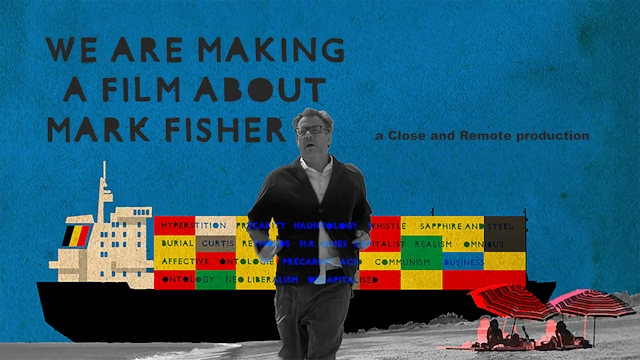Five of them died during the first winter. But the hunting was plentiful, and the settlement soon flourished, spreading among six locations, including Ittoqqortoormiit and two satellite villages, Cape Tobin and Cape Hope, at strategic hunting points on either side of it. A confluence of ocean currents and winds at the entry to the fjord system creates a polynya, a patch of open water. The polynya attracts narwhals, whales, walruses, birds, and seals, which in turn attract polar bears.
The practice of subsistence hunting continued for decades, little changed. The men went out onto the sea ice to feed themselves, their families, their dogs, and their neighbors; women cooked, raised children, and prepared seal and polar-bear skins. The person who first saw a bear kept the skin, no matter who fired the fatal shot. When there was ice, the hunting was done by dogsled; when there was open water, it was done by kayak. The weeks when the ice was too thin or rotten to walk on, and yet too present for the use of boats, were a time of patience, of comfort with uncertainty, of rest.
The new settlement soon had its own municipal administration and regular wage-earning jobs. There was a school, a hospital, a police station, an old-people’s home, and a general store. But the Danish administrators imported people from western Greenland to occupy the highest positions after their own, and the Ammassalik Inuits, lacking any formal qualifications, were given menial, practically interchangeable roles. At school, children were forced to learn in the Danish and western-Greenlandic languages and were sometimes punished for speaking their own.
By the mid-fifties, “the trend in Danish policy was to concentrate the Greenlandic population as much as possible around three services deemed essential: the hospital, the school, and the church,” the demographer Joëlle Robert-Lamblin wrote, in a study published by the Société d’Anthropologie de Paris, in 1971. “This policy had disastrous economic and social effects.” Where there is a high concentration of people, there is too low a concentration of wild animals to feed them. “Food, becoming insufficient, is then supplemented with imported European products, poorly suited to the climate,” she noted. The diffuse world of Scoresby Sound collapsed into the administrative center. Everything was in Ittoqqortoormiit.
By the late sixties, men under forty were killing fewer seals on average than their elders were. “They are increasingly losing interest in hunting,” Robert-Lamblin observed. “The new game sought by contemporary Greenlandic society is no longer an animal but purchasing power.” People had difficulty, however, adapting to the artificial daily rhythm of salaried work: “Many of them suddenly quit their jobs and return to hunting. Then, some time later, they take on another job and abandon it again.”
Hjelmer Hammeken was born in 1957. His father, who worked as the schoolteacher in Cape Hope, hunted recreationally—as almost everyone did. But the family relied more on his salary than on what he shot.
When Hjelmer was about seven years old, he threw a rock at an Arctic bird called a little auk. It was a clean hit—his first kill. In the years that followed, a hunter named Jakob took him deep into the fjord and taught him how to live and hunt on the ice. Jakob stored some of his meat, narwhal tusks, and seal and polar-bear skins and sold the rest, both privately and to the store. These goods were exported out of the village when the supply ship arrived from Denmark late in the summer. Hunting was a viable profession: hunters’ earnings easily met and usually surpassed those of unskilled workers.





























 The future that the Trump administration envisions for public schools is more patriotic, more Christian and less “woke.” Want to know how that might play out? Look to Oklahoma.
The future that the Trump administration envisions for public schools is more patriotic, more Christian and less “woke.” Want to know how that might play out? Look to Oklahoma.